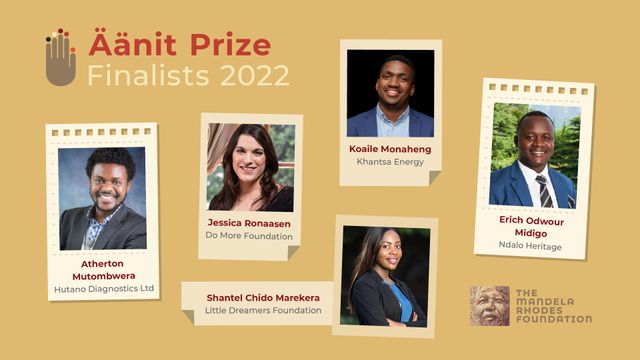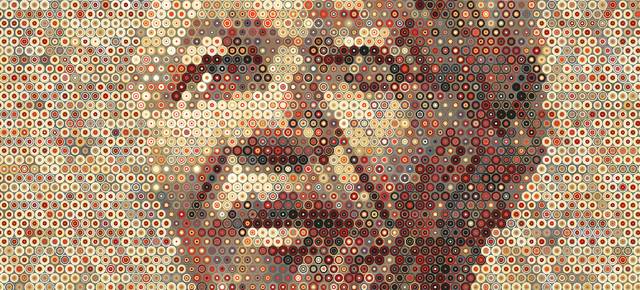
Five finalists have been shortlisted to win up to $80 000 for ventures that can deliver positive social impact for some of Africa’s most marginalised people. The finalists run projects in areas ranging from early childhood development to medical technology and renewable energy. They come from Kenya, Lesotho, South Africa and Zimbabwe.
Read more about the Äänit Prize
·
Read the 2022 announcement
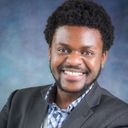


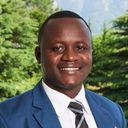
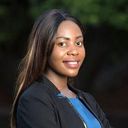
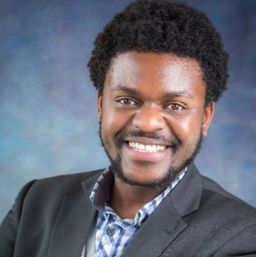
Every year, sepsis kills over 3.5 million people in Africa alone. Sepsis happens when the body’s immune system overreacts to an infection. In many cases it is preventable if diagnosed early enough. Hutano aims to change this outlook by improving the tools for diagnosis, particularly in low-resource settings and developing countries, through an innovative way of testing for sepsis.
If a person has sepsis, the likelihood of death increases by 7.6% for every hour that passes without the patient being treated with antibiotics. Early diagnosis is therefore absolutely critical. In low resource settings, sepsis diagnosis is done through simple measurements such as such as temperature, heart rate and breathing rate. This can be misleading and result in inappropriate treatment. The laboratory test for sepsis can take up to 24 hours (resulting in a loss of valuable time), and it is prone to false negatives.
Hutano Diagnostics is developing a ground-breaking lateral flow device (LFD) for the identification of children with a fever that will develop sepsis. This test works in combination with a smart phone app to bring this solution into the patient’s hands. A child with a fever has their blood added to the test after a finger prick, and 15 minutes later the parent, community health worker, or nurse knows if the child needs antibiotics or not, as well as if the fever will progress to a severe outcome.
This lowers the risk to the child, allows for earlier interventions, and reduces the cost and complications due to sepsis, freeing up resources for those who need them the most. The test is simple enough to be used by untrained members of the public, while being sophisticated and accurate enough to be of high value to trained clinical professionals in a variety of settings.
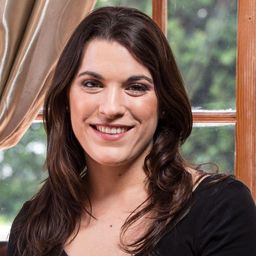
Almost three quarters of South Africa’s children are missing out on a critical part of their development. The Thrive by 5 Index recently published results showing 65% of South Africa’s young children are not thriving by age 5. If we do not invest in our future generation today, we will be setting them up for failure. Early Childhood Development (ECD) is a critical stage of growth requiring adequate nutrition, secure attachment and early stimulation. The Do More Foundation has initiated a collective impact initiative where everyone gets to play their part in developing young children.
By bringing together stakeholders from the public, private and non-profit sectors to see young children flourish, this initiative delivers a basket of services customised for impact. This basket is based on South Africa’s National Integrated ECD Policy and includes services that support maternal and child health; food security and nutrition; parent support; child safety and protection; early learning through play; capacity building and infrastructure.
Each community is different and there is no one-size-fits-all solution for young children from different places. Everyone Gets to Play engages stakeholders to co-create a vision for young children. This involves forming technical communities with government departments at a national level; steering committees with government departments in local municipalities, and most importantly young child forums with all people working with or for young children in the local communities. We empower and capacitate ECD workers to set up engagements with caregivers of children through our parenting workshops called EAT LOVE PLAY TALK.
With financial support from the Äänit prize, The Foundation would support the basket of services by investing in five communities namely; Nkomazi, Worcester, uPhongolo, Randfontein and Rustenburg. We anticipate a direct impact on thousands of young children across the country. Raising awareness around child rights inspires creative solutions to ensure these rights are met with action and not just words.
Dr Jessica Ronaasen, National Programmes Lead and Mandela Rhodes Scholar (2013), led the consolidation and documentation of this model and is passionate about the potential impact it would have in communities and the ECD sector.
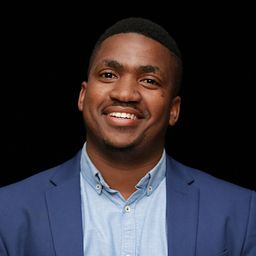
In Lesotho, there are currently 1.2 million Basotho people living without grid supplied electricity.
This hinders the country's ability to grow its economy and lowers the quality of life of its citizens. 80% of the rural population has no access to electricity, leaving many people behind, and due to the mountainous terrain of Lesotho, rural access is likely to remain low.
Khantša Energy provides affordable and accessible renewable energy solutions for rural households. Khantša began by installing solar systems at six health centres in remote districts and has expanded to households and schools, with 36 successful household installations to date. Families are able to pay off their solar systems through the PayAsYouGo model, making it becomes affordable for households to own clean energy, not only access it.
Expanding our solution will allow the people of Lesotho to leapfrog the need for grid electricity, reducing reliance on imported energy generated from fossil fuels that contribute to climate change. This is important as the climate crisis disproportionately threatens the lives and livelihoods of Basotho who are largely dependent on rain-fed agriculture.
We consult with and learn from the community through the Basotho pitso, a traditional meeting called by the Chief and his general assembly. Khantša is uniquely positioned to tackle Lesotho’s energy poverty because our solutions innovative, community-inclusive and driven by local indigenous knowledge.
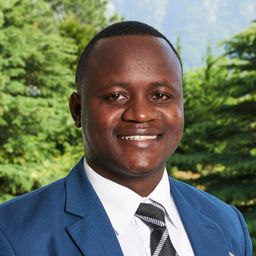
Ndalo Heritage Trust is a grassroots non-profit organisation in Kenya addressing the sustainable development goals of zero hunger, health and wellness and climate action in marginalised communities. Our mission is to work towards the alleviation of hunger, disease, poverty and human suffering with a focus on the first 1000 of Days of Life.
We work with marginalised families through hands-on training, drawing on existing UN frameworks for integrating agriculture and nutrition education, and the World Health Organisation’s nurturing care frameworks for improved health outcomes and human development.
The Udongo Kwa Maisha (Soil for Life) program’s primary vision is to engage mothers, care-givers, households and communities in accessing more nutritious food that improves the dietary requirements of a child’s first 1000 days of life.
The Maarifa Kwa Maisha (Knowledge for Life) program addresses the health and wellness of children and their mothers, in particular children with special needs. This project targets early developmental screening and follow-ups to check that developmental milestones are being met. We screen mothers for postpartum depression and provide support. We provide parenting training and training of caregivers/educators on disability inclusive universal design. We promote mental and physical wellbeing through sensory integration and play.
Our Green Legacy Initiative has seen the planting of 100,000 trees in Western Kenya in partnership with Equity Bank to combat the impacts of climate change.
Odwour Midigo is a founder and director of Ndalo. He currently a PhD Candidate in the Faculty of Natural and Agricultural Science at the University of Pretoria. He is a Kenyan Mandela Rhodes Scholar in the Class of 2018.
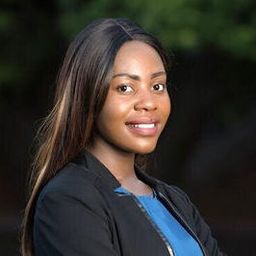
Little Dreamers is a pre-school in Budiriro Cabs, Harare that provides access to quality and affordable foundational education for low-income children between the ages of 4-7. Students receive access to age-appropriate equipment, learning materials and infrastructure that would otherwise only be available in expensive private schools. We have graduated four classes since 2019.
Through the gender equality division, we champion women’s rights as well as spearhead core and programmatic support to advance women’s economic empowerment. To date, we have supported the transition of 600+ women from low-income families into decent work and self-employment using a community-based approach to skills development. The women continue to receive support in financial literacy and product marketing.
Our hope is to start a junior school and expand our reach to other high-density areas such as Glen Norah, Glenview and Highfield.
Ready to vote for your favourite finalist? Vote using the floating poll; refresh the page if you closed it.
